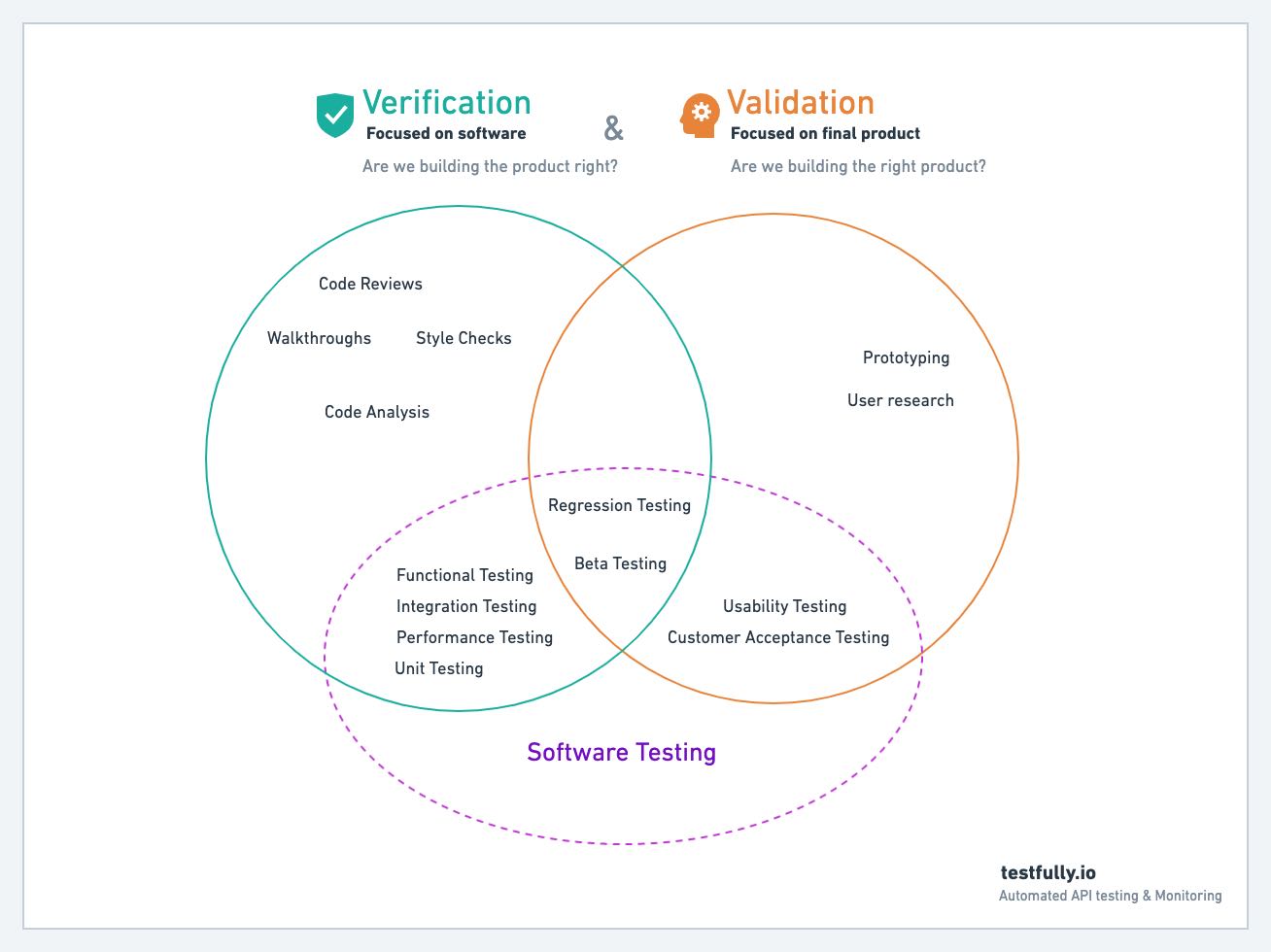

#Clarify vs verify how to
Pronunciations: How to Pronounce ‘To Confirm’ vs ‘To Verify’

Formally declare someone to be appointed to a particular position.Make a provisional appointment or arrangement definite.Reinforce someone (in an opinion, belief, or feeling).State with the assurance that a report is true.Establish the truth or correctness of something (previously believed, suspected, or feared to be the case).Now that you know a bit more about our new words, let’s take a closer look at ‘To Confirm’ vs ‘To Verify.’ Definition of ‘To Confirm’: What Does it Mean?Īccording to Oxford Languages, ‘To Confirm’ is a verb that means:
#Clarify vs verify verification
Of course, in some cases, verification and confirmation may be used interchangeably, but they may not be used in the most accurate setting. Verification helps determine that a fact is accurate, while confirmation helps determine whether a story is true. Typically hard facts require verification, while stories or narratives require confirmation. You may ask a first witness to verify some evidence, but then you may confirm said evidence with a second witness after the fact.Īn easy way to remember this timing trick is to consider whether you already have the information or are still seeking it out.Īnother thing to consider is what kind of information you’re dealing with.Confirming something typically comes after the information has been revealed, while verifying information typically occurs before or in the process of discovering information. So how do we tell them apart? The best way to do this is to consider timing. Typically these words deal with truthfulness and accuracy and thus can often overlap or be considered synonyms of each other. Final Advice on ‘To Confirm’ vs ‘To Verify’ What’s the Difference Between ‘To Confirm’ vs ‘To Verify’?Īs mentioned, both ‘To Confirm’ and ‘To Verify’ have to do with establishing the quality of a piece of information.


 0 kommentar(er)
0 kommentar(er)
